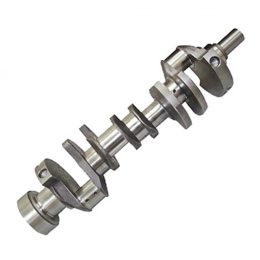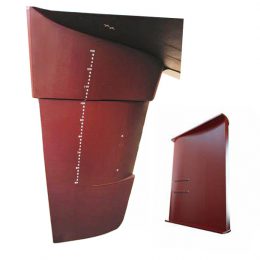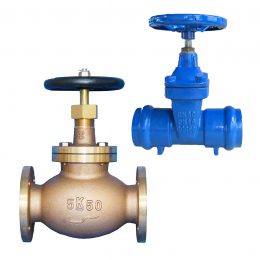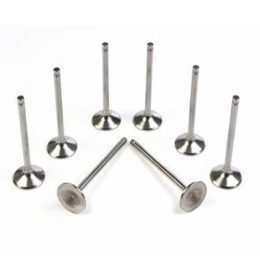Diesel Engine Cylinder Liner: Functions and Materials
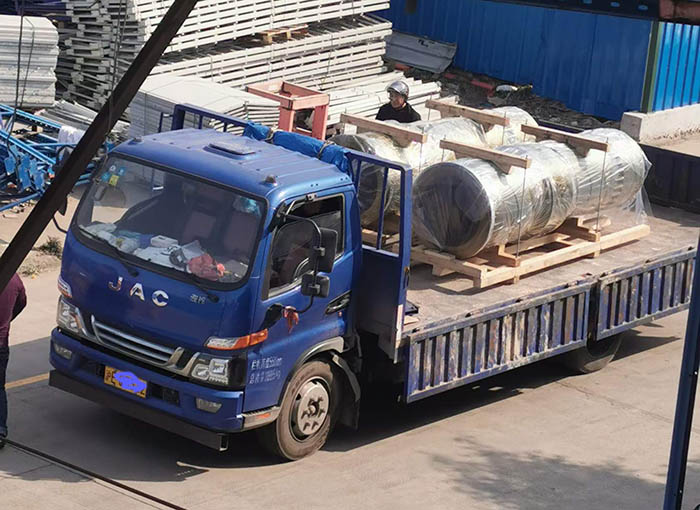
Diesel engines have become a crucial part of modern industries, and their efficiency and reliability depend on the quality of their components. One of the most critical components of a diesel engine is the cylinder liner. The cylinder liner is responsible for providing a smooth surface for the piston to move up and down, preventing oil and coolant leakage, and ensuring optimal compression. In this article, we will discuss the functions of the diesel engine cylinder liner and the materials used in its construction.
Understanding the Functions of Diesel Engine Cylinder Liner
The primary function of the diesel engine cylinder liner is to provide a smooth surface for the piston to move up and down. The liner must be durable enough to withstand the constant friction and heat generated by the piston. The liner also serves as a barrier between the piston and the engine block, preventing oil and coolant leakage. Moreover, the cylinder liner plays a crucial role in maintaining optimal compression, which is essential for the engine’s efficiency and power.
Another function of the diesel engine cylinder liner is to dissipate heat generated during combustion. The liner must be able to transfer heat from the combustion chamber to the engine coolant. If the liner fails to dissipate heat efficiently, the engine may overheat, leading to reduced performance and potential damage.
Finally, the cylinder liner must be able to resist corrosion and wear caused by the engine’s harsh operating conditions. The liner must be able to withstand exposure to acidic gases, combustion by-products, and high temperatures without deteriorating.
Materials Used in Diesel Engine Cylinder Liner Construction
The materials used in diesel engine cylinder liner construction must be able to withstand high temperatures, corrosion, and wear. The most common materials used in cylinder liner construction are cast iron, steel, and aluminum alloys. Cast iron is the most widely used material due to its excellent wear resistance and thermal conductivity. Steel liners are used in high-performance engines due to their superior strength and durability. Aluminum alloy liners are used in lightweight engines due to their low weight and good thermal conductivity.
The manufacturing process used to produce cylinder liners is also critical. The most common manufacturing process is centrifugal casting, which produces a homogeneous structure with excellent wear resistance. Other manufacturing processes include sand casting, die casting, and forging.
In conclusion, the diesel engine cylinder liner is a critical component that plays a crucial role in the engine’s efficiency, reliability, and durability. The material used in its construction and the manufacturing process used to produce it must be carefully selected to ensure optimal performance. By understanding the functions of the cylinder liner and the materials used in its construction, engine manufacturers can design and produce high-quality engines that meet the demands of modern industries.
In conclusion, the diesel engine cylinder liner is a critical component that plays a crucial role in the engine’s efficiency, reliability, and durability. The material used in its construction and the manufacturing process used to produce it must be carefully selected to ensure optimal performance. By understanding the functions of the cylinder liner and the materials used in its construction, engine manufacturers can design and produce high-quality engines that meet the demands of modern industries.
- Importance of Marine Propeller Shafts in Propulsion Systems
- Engine Main Bearing
- Noah Marine Services, Marine spare parts supplier
- Expert Tips for Choosing the Right Marine Propeller Shaft for Your SHIP
- Ship spare parts S60MC S50MC S80MC K80MC K90MC Cylinder liner
- How Marine Engine Connecting Rods Affect Your Engine Performance
